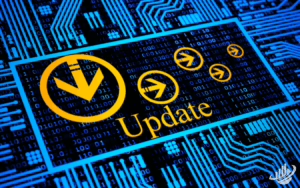Historically, IP invoice control has been a concern for corporate IP teams but much less so for law firms. Most international associate costs are treated as expenses and forwarded to clients for payment with minimal scrutiny or oversight.
While it is still early, we’ve seen a steady change in firms’ attitudes towards their associate invoices over the last year. The number of firms putting in place IP invoice controls of some sort is increasing, so what’s up?

First and foremost, corporate pricing pressure is starting to extend beyond the firm to the firm’s associates. We are seeing fixed fee requirements being implemented throughout the entire service delivery chain, and in some situations, companies are beginning to require their firms to include associate costs in a single fixed fee. With these models, the money comes out of the firm’s pocket if an associate doesn’t adhere to agreed-upon fee schedules. This is getting the attention of firms.

The second reason we are seeing increased scrutiny is that companies are starting to look at the associate invoices that are being sent to them. It can be somewhat embarrassing for a client to catch an excessive currency cost or incorrect fee that a firm didn’t have time to check. If enough issues are found, the client may not feel that the firm is a good steward of their funds and look elsewhere.

The last reason we see firms starting to amp up the oversight is simple – lax oversight can cost them money. Globally, there are all kinds of deals, discounts, and other financial arrangements between firms. We have seen situations where a 30 percent currency cost negated a 20 percent discount to a firm. Needless to say, situations like this can impact a firm’s bottom line.
As we said at the beginning, it is still early days, and most firms with a system rely heavily on people to review invoices – but that is a start. If you don’t have an invoice control solution, you might want to consider it before your clients require it!









